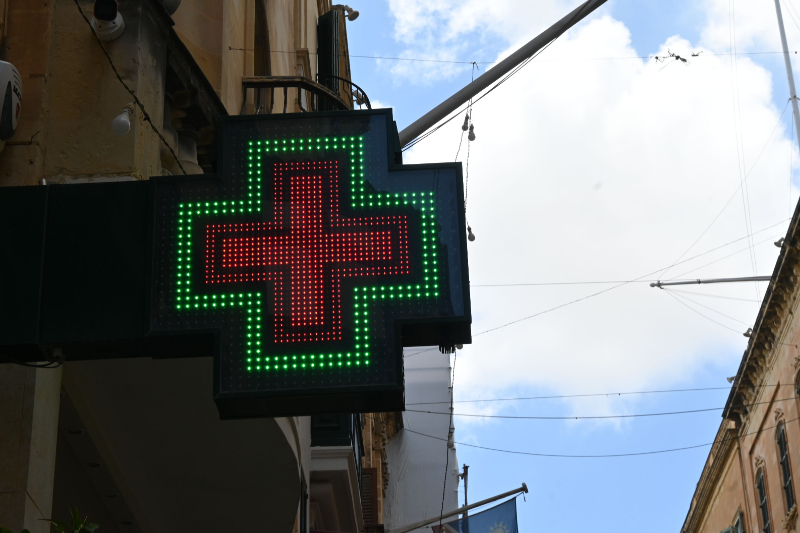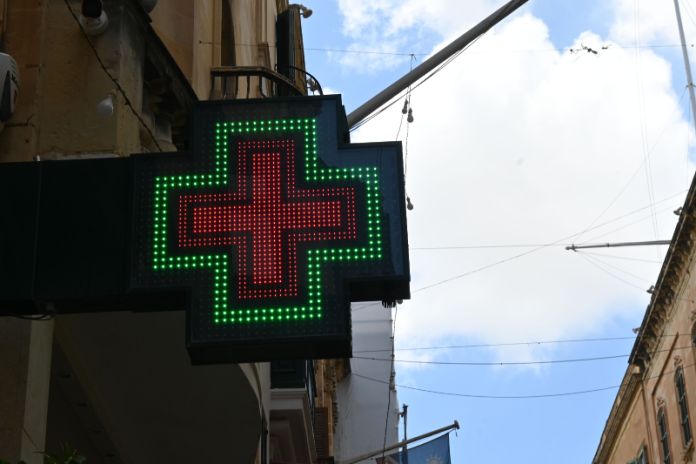The Ministry for Health has published a legal notice that facilitates the prescription of amphetamines by psychiatrists and doctors for the treatment of ADHD, with the ministry expressing its hope that the changes will encourage physicians to more readily prescribe them to patients who require them.
Amphetamines are potent central nervous system stimulants, and consequently are known to be used recreationally, with potential for addiction. They have also been abused as performance-enhancing drugs: accordingly, their use is expressly prohibited in competition by the World Anti-Doping Agency.
But they also have been approved to treat a number of conditions, not least attention deficit hyperactivity disorder (ADHD). While stimulants generally have an agitating effect on individuals, they paradoxically appear to have a calming effect on people with ADHD and can thus help them address the executive dysfunction that is a key symptom of the condition.
The government formulary presently includes one form of amphetamines, dexamfetamine sulphate, which can be prescribed for “chronic psychiatric disorders starting in childhood:” a generic description which would cover ADHD.
Presently, in Malta, the standard prescription for people with ADHD is methylphenidate, commonly known by brand names Ritalin and Concerta.
The Medicines Authority specifies that the use of dexamfetamine is generally indicated where response to previous methylphenidate treatment is considered to be clinically inadequate.
But the use of amphetamines as a plan B for ADHD patients is far from universal: in the US, for instance, amphetamines are considerably more commonly prescribed than methylphenidate for the treatment of ADHD.
A bureaucratic hurdle that has hindered prescriptions
Methylphenidate is also a stimulant drug, and consequently also bears the potential for abuse for recreational and performance-enhancing purposes: it is also prohibited in competition by WADA.
Accordingly, there are additional controls involving the prescription of methylphenidate, with individuals needing to be in possession of a control card for narcotic/psychotropic drugs issued by the Department of Health.
However, the controls involving the prescription of amphetamines have been considerably more exacting, to the point where the health authorities have apparently concluded that Maltese physicians have been held back prescribing them even where appropriate.
To date, over and above the control card, the prescription of amphetamines has required prior authorisation in writing by the Superintendent of Public Health, as well as the approval by a panel of specialists.
Moreover, any doctors prescribing amphetamines and any pharmacists dispensing them have been required to inform the public health authorities within 24 hours.
Amphetamines now on an equal footing with methylphenidate
These additional controls have now been removed through Legal Notice 100 of 2025 – the Drugs (Control) (Amendment No. 2) Regulations, 2025 – which was published on Friday.
In an explanatory note for the legal notice, published in the Government Gazette, the ministry explicitly maintained that “removing unnecessary bureaucracy will encourage prescribers to prescribe amphetamines more readily to patients who require them” was a key justification of the new regulations.
The explanatory note also confirms that the Mental Health Services within the ministry have approved the changes to regulations.
The legal notice itself is very brief, with its contents fitting on a single page, and largely specifies that references to amphetamine and its isomers – dexamfetamine is one such isomer – are to be removed from the regulations specifying strict controls for medications with strong abuse potential. These controls remain in place for other medications including barbiturates, methaqualone (Quaalude) and flunitrazepam (Rohypnol).
The previous legal scenario, however, had one instance in which amphetamines were less regulated than methylphenidate, which was the only medication requiring a control card which could not be prescribed in urgent cases to individuals without one. This provision was introduced with the aim of minimising the risk of doctor shopping, where individuals seeking to abusively acquire the drug would seek urgent prescriptions from different physicians.
With the other controls on amphetamines removed, the legal notice also took care to introduce a ban on such urgent prescriptions for them, to minimise the risk of abuse.
Stay updated. Download the free app.

